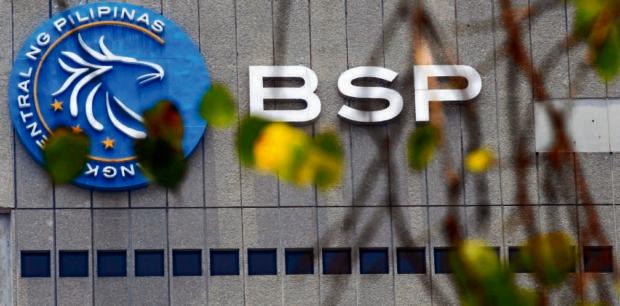
Thus said the head of the Bangko Sentral ng Pilipinas (BSP) who reiterated on Monday the agency’s support for a bill that if passed would give regulators better access to information and replace the country’s existing deposit secrecy framework, one of the most prohibitive in the world.
“Ultimately, the reforms will benefit depositors as the BSP’s capacity to shield them from losses due to fraud and other unlawful activities will be strengthened,” BSP Governor Benjamin Diokno said in a statement.
Provisions of the bill limits inquiries to specified persons only; sets parameters for information sharing; and protects against political persecution, harassment or attempts to hamper competition in trade and commerce.
According to the central bank chief, results of bank inquiries or examinations of the BSP shall not be arbitrarily disclosed. Nevertheless, the BSP may share the examination results with the courts and other regulators only if it is necessary to prevent or prosecute an offense or crime.
The proposed reforms will likewise place the country’s deposit secrecy law on par with international standards. In fact, the Philippines is the only remaining country in the world with a bank secrecy law after Lebanon passed legislation lifting the secrecy on bank deposits last December 2020.
Consequently, this is expected to strengthen the trust of the Filipino public and the global community in the domestic banking system.
For exclusive use
The BSP is committed to further boost its efforts to coordinate with Congress and various offices of senators for the immediate passage of the Bank Deposits Secrecy Bill.
Earlier, the central bank chief explained that results of the inquiry and examination by the BSP shall be for the exclusive use of the BSP, and shall not be made available to any person or entity, except to the Securities and Exchange Commission, the Philippine Deposit Insurance Corp., the Anti-Money Laundering Council, the Department of Justice and the courts.
Access by these agencies to depositors’ information is contingent only upon an inquiry or examination being necessary to prevent or prosecute any offense or crime.
In addition, under the BSP’s version of the proposed law, any inquiry would be limited to the deposit account of the stockholder, owner, director, trustee, officer or employee of an entity that was subject to the supervision or regulatory power of the BSP, the representative or agent, the related party, or any of the conspirators of the person involved in the commission of fraud, serious irregularity or unlawful activity. INQ

